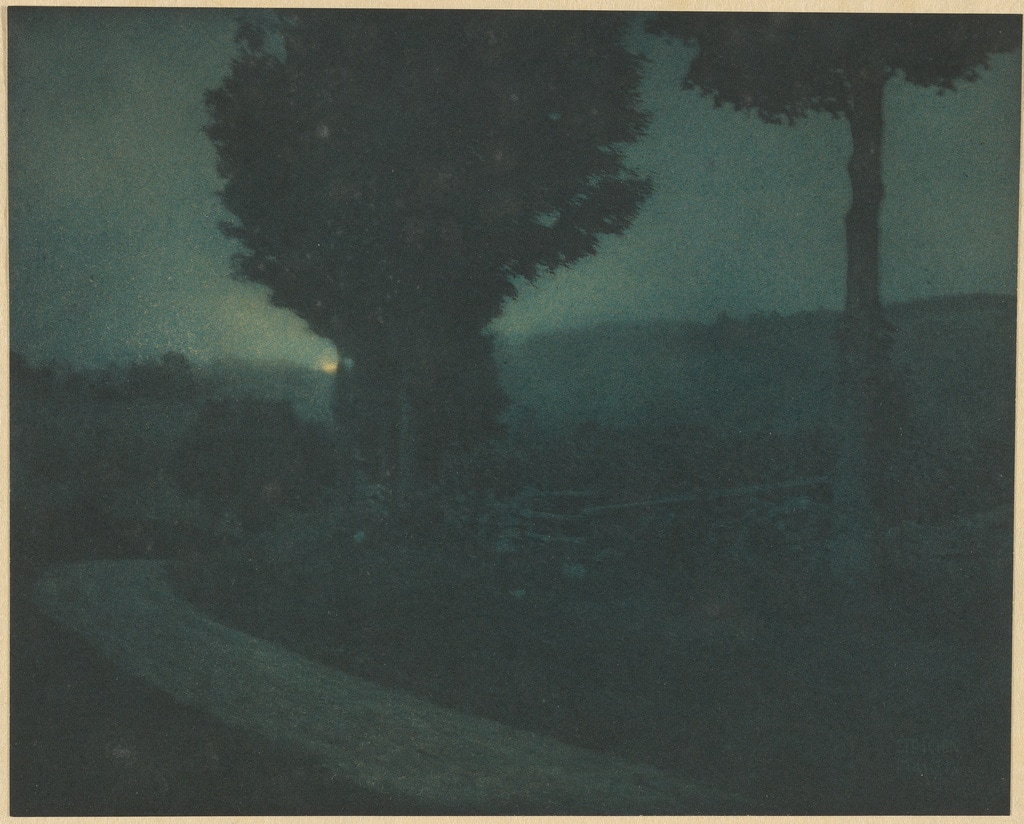How to Love an Adopted Korean Girl
|
Take pictures of her in the dark
when the moon is almost full, on the verge of an eclipse. Ask her if she sees the rabbit. Show her there are two ways of looking at almost everything. She will find her way home by eating pumpkin porridge. She will realize her roots by remembering she came to America on tiny boat shoes. Her mother is beautiful, you know, because she was born from the same heartbeat, an intelligence reserved for the soft-spoken. Bring tangerines & light citrus spritz on fire to get a better look at her eyes. She will smell like forgetfulness and dank oil, the neck is a cradle. She will love you if you stay, if you promise you have never left. |
|
A Korean Bathhouse in Dream City
|
We would go for baked eggs and get scrubbed. I would know for real if ajummas (아줌마) clean American tourists while wearing black lace.
My birthmother would smile at my milk-moons like a full gulp from the spring — but if she had kept me, it would be more likely she would bring customers red beans with ice, patbingsu (팥빙수). She would not be called the “wife of a professor” or the respectful word for a “married aged woman,” but instead another kind of ajumma, who “shoves her way through a crowd to find a seat in the subway.” She would be the street vendor of my dreams, my mihonmo (미혼모), and I would be the mi-chin-nom (미친놈) who knows no curse words for what she is. |
Bo Schwabacher’s poems have appeared in CutBank, diode, Muzzle, Redivider, The Offing, Tinderbox Poetry Journal, and elsewhere. Her first book of poems, A Korean Bathhouse in Dream City, is being released by YesYes Books. She teaches at Northern Arizona University.

